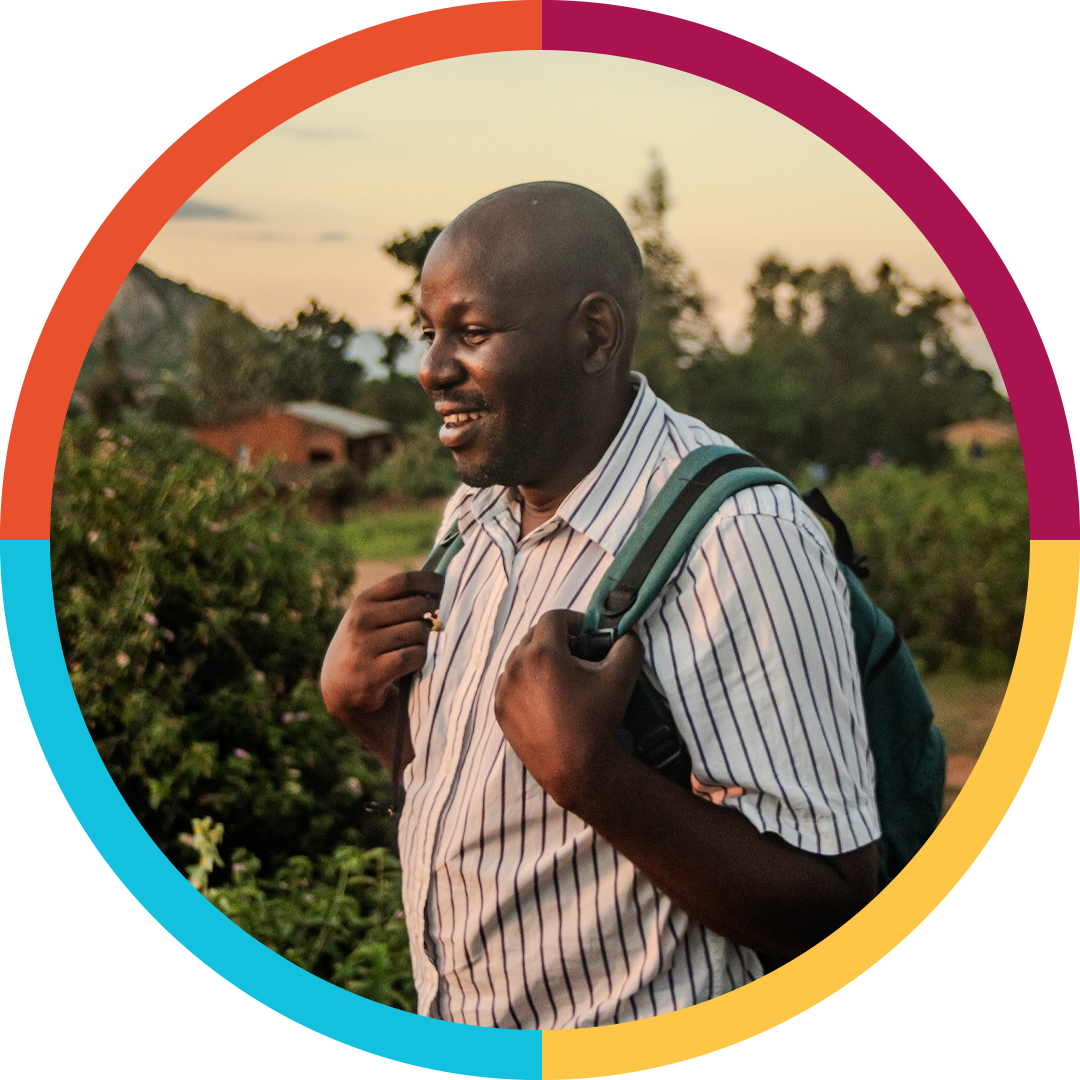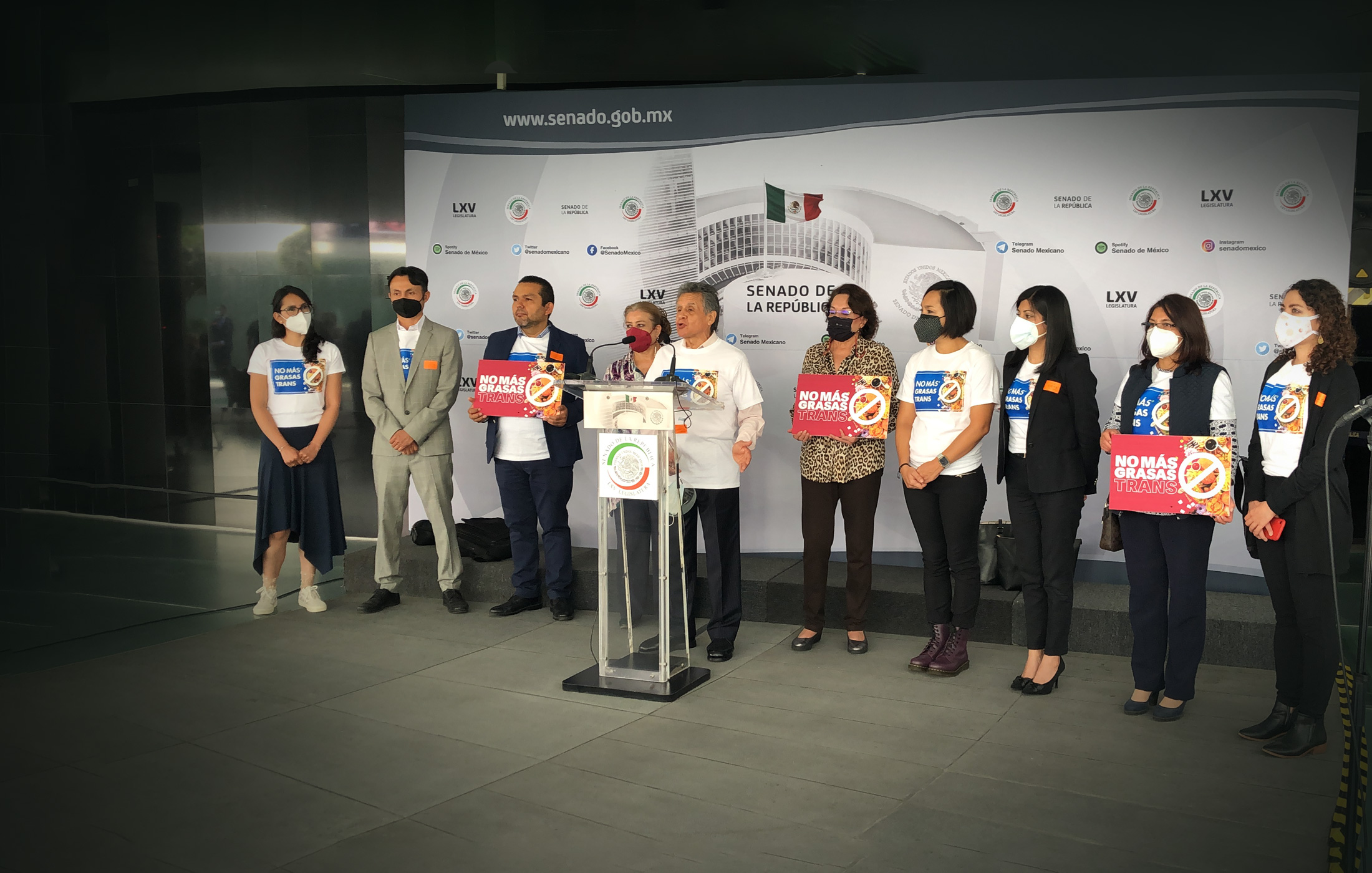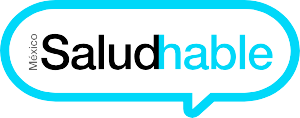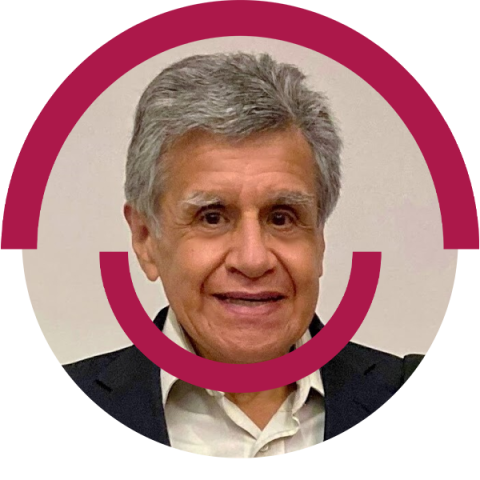As a member of the Mexico Salud-Hable Coalition, I collect information, write press releases and social media statements, position papers, and analyses that support efforts to promote better care for the conditions that cause the most mortality and disability in my country: diabetes, cancer, cerebrovascular, chronic respiratory, renal, and cardiovascular diseases, and mental health conditions. I also help to develop proposals on addressing risk factors for noncommunicable diseases (NCDs), mainly smoking, alcohol consumption, unhealthy diets and physical inactivity.
Since 2018, I have participated in the promotion and creation of our Healthy Agenda, a brief and concise document aimed at decision-makers and their technical teams. This material contains relevant and updated information on the main NCDs, and risk factors, that affect the country, as well as on public spending and available resources. It also identifies the commitments made by Mexico to the UN Sustainable Development Goals, the WHO Action Plan for the Prevention and Control of NCDs, and the Framework Convention on Tobacco Control. Thanks to the support of the NCD Alliance, in its partnership with The Leona M. and Harry B. Hemsley Charitable Trust, we were able to publish the most recent edition of the Healthy Agenda on 3 April 2024.
Creating the Healthy Agenda
The Healthy Agenda is a tool for promoting health policies and raising awareness among key figures. Our target audience is mainly decision-makers and their technical advisors at government institutions in the health, finance, and economy sectors, along with elected representatives and independent persons able to influence public opinion. By advocating wtih the group, we seek to promote the advancement of public health policies related to the care of NCDs and their risk factors.
Mexico Salud-Hable has worked without interruption since it emerged in June 2012, including through the COVID‑19 pandemic. We collaborate with health researchers, economists, tax experts, and lawyers, whose support lends legitimacy to our arguments. Our efforts have earned us credibility with these figures and with the media, which frequently interviews us and attends our press conferences. While we work closely with those who champion our cause, we also identify opponents, mainly those linked to industries who manufacture products harmful to health.
Our achievements to date are projects that we developed collectively, in synergy with public officials, legislators, and specialists. Examples of this are the reform of the General Law for Tobacco Control, which updated its Regulations in 2023 to eliminate any form of advertising, promotion, or sponsorship of tobacco and nicotine products. This includes the display of cigarette packs at points of sale, as well protecting smoke-free environments in public places that enable smoking areas, prohibiting the consumption of food or beverages in these spaces. Likewise, in September 2023, the General Health Law was modified to prohibit the use of industrial trans fatty acids for the production of oils, edible fats, and foods for sale to the public.
Challenges and learnings
One challenge that we face continually is ensuring that government officials who are responsible for health are well informed about the state of NCDs, and their risk factors, among the general population. Another is that members of the organizations in our coalition must sometimes struggle to transcend their personal situations in order to build their knowledge of NCDs and healthcare systems, due to delays in receiving timely care and medicines.
One lesson I have learned is to work with horizontal leadership and broad, inclusive processes that include open and shared information about decision-making concerning our coalition and the projects we undertake. For example, I was part of the editorial team that forwarded 10 concrete proposals to the Mexican Government from the citizens’ perspective, in which people with lived experience and their caregivers, researchers, and allied health professionals, as well as young people and social activists, played a central role. In essence, we are trying to chart a path towards Universal Health Coverage and NCD care in which the organisations in our coalition have a central role to play, alongside expert health planners, researchers and professionals, legislators and other government officials.
To help prepare us for such participation, we have offered training to members of our coalition via virtual and in-person courses and workshops, with the support of the National Institutes of Respiratory Diseases, Public Health, Cancerology and Psychiatry, as well as the PAHO Representation in Mexico and NCD Alliance. Special attention has been paid to our chapter of people living with NCDs, which, even during COVID‑19, published two testimonial notebooks on their experiences during this critical period.
When we began our coalition work, the vast majority of us only contributed goodwill and a desire to help, but had no prior training in health. We began in 2012 with self-taught sessions, preparing updated files on the epidemiology of the different diseases we represented and little by little we found institutions and specialists who helped us.






